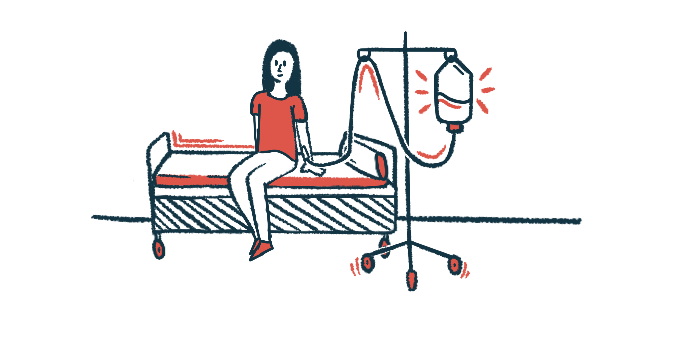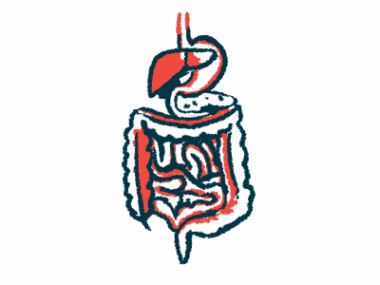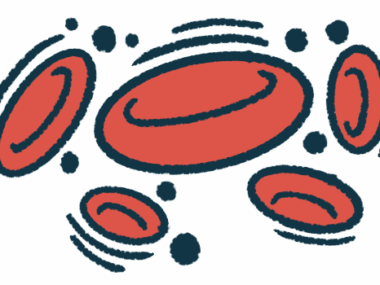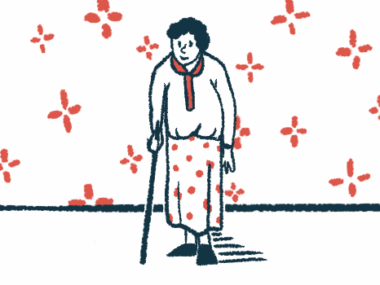Obinutuzumab effective CAD treatment in woman: Case report
Researchers say therapy may work better than rituximab
Written by |

Obinutuzumab, a B cell-depleting medication approved for certain blood cancers, was effective for controlling primary cold agglutinin disease (CAD) in a woman in China, according to a case study.
The treatment “shows a promising role in CAD which might [warrant] further investigation,” researchers wrote in the case study, “Obinutuzumab for the Treatment of Cold Agglutinin Disease: A Case Report,” which was described in a letter to the editor in the Turkish Journal of Hematology.
CAD is an autoimmune disorder in which self-reactive antibodies called cold agglutinins attack red blood cells at low temperatures. Antibodies, immune proteins that normally help the body fight off infections, are produced by immune cells called B-cells.
CAD may develop on its own (primary CAD), or as a complication of other conditions, such as infections, cancers, or other autoimmune disorders (secondary CAD).
Obinutuzumab works to destroy B-cells by targeting CD20, a protein produced by these cells. It is approved — under the brand names Gazyva in the U.S. and Gazyvaro in Europe — to treat certain blood cancers that are characterized by the uncontrolled growth of B-cells.
Report may be first for obinutuzumab as primary CAD treatment
Mechanistically, the therapy is similar to rituximab, another B cell-depleting medication that was originally developed for cancers but is commonly used off label in CAD as a first-line treatment. Structural differences may explain obinutuzumab’s superior efficacy reported in some studies of people with such blood cancers.
“It could be speculated that obinutuzumab may have a better treatment response than rituximab in CAD,” the researchers wrote.
There’s minimal data on the use of obinutuzumab in people with this autoimmune disease. A few case reports have been published, but they all concern patients with secondary CAD.
A trio of scientists in China described the use of obinutuzumab to manage primary CAD in a woman in her 80s. “This is the first case of primary CAD treated successfully with obinutuzumab according to our limited knowledge,” they wrote.
The woman sought medical attention in early 2023, after experiencing blood in her urine, fatigue, dizziness, and anemia for four years. Anemia refers to low levels of hemoglobin — the protein that’s used to carry oxygen through the blood — which can also indicate fewer red blood cells.
“Her symptoms worsened in winter and improved in summer,” the researchers wrote, adding that she had received only blood transfusions to manage her condition over the course of her disease.
Blood work confirmed low hemoglobin levels, and revealed high levels of markers of red blood cell destruction. The woman also had higher-than-normal levels of IgM, the type of antibody of which cold agglutinins are usually composed.
A direct Coombs test, which detects whether a type of antibody called IgG and/or an immune protein called C3d are attached to red blood cells, came back positive for C3d, another marker of CAD. She also had high levels of cold agglutinins.
Given that further testing showed no evidence of infection, or other underlying immune or blood cell disorders, the woman was diagnosed with primary CAD.
Shortly after the diagnosis, she received treatment with obinutuzumab. Four infusions of the therapy (1 g) were administered weekly. Over the course of treatment, hemoglobin levels and other lab tests normalized, suggesting that her disease was in remission.
Her condition was stable at follow-up more than a year after stopping obinutuzumab.
The findings support the potential for obinutuzumab to be used in CAD treatment, the researchers wrote, adding that further studies are needed.






